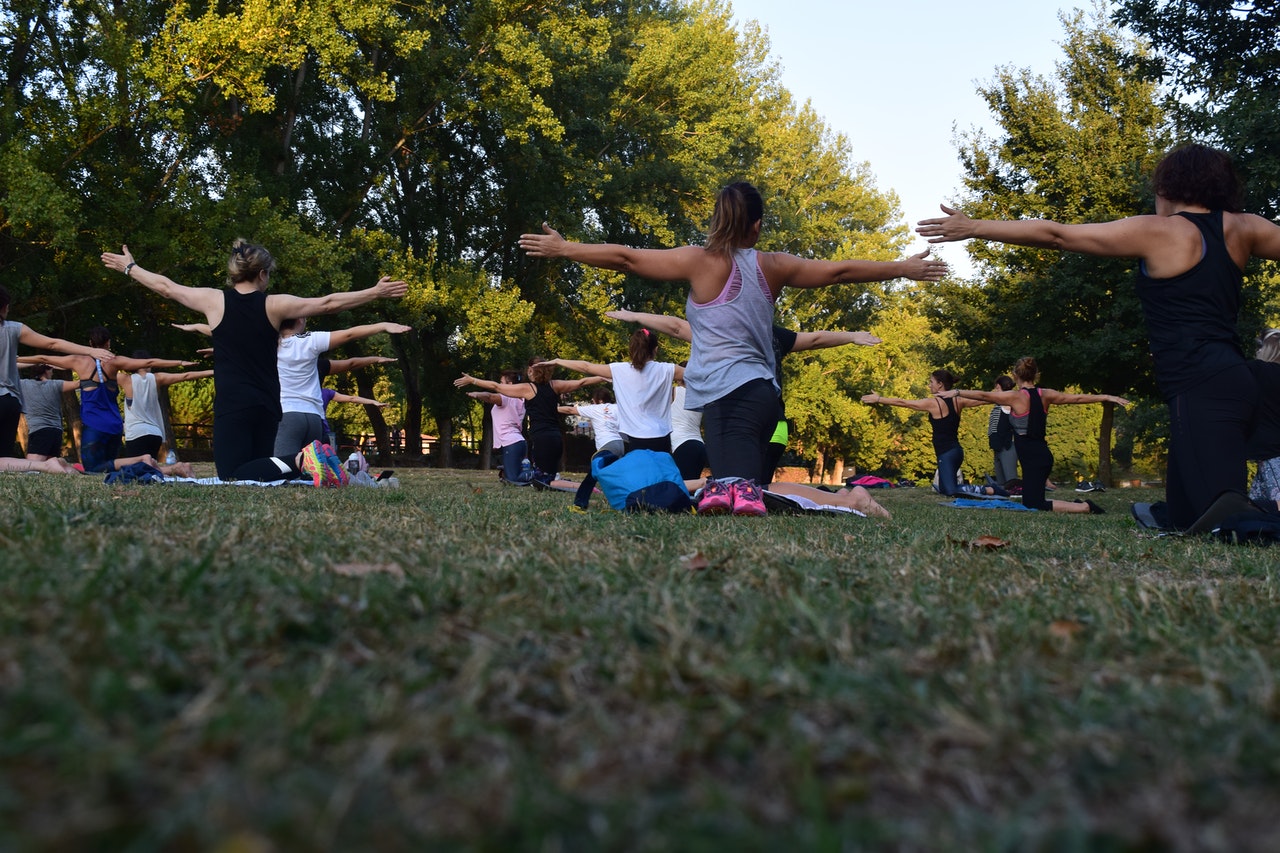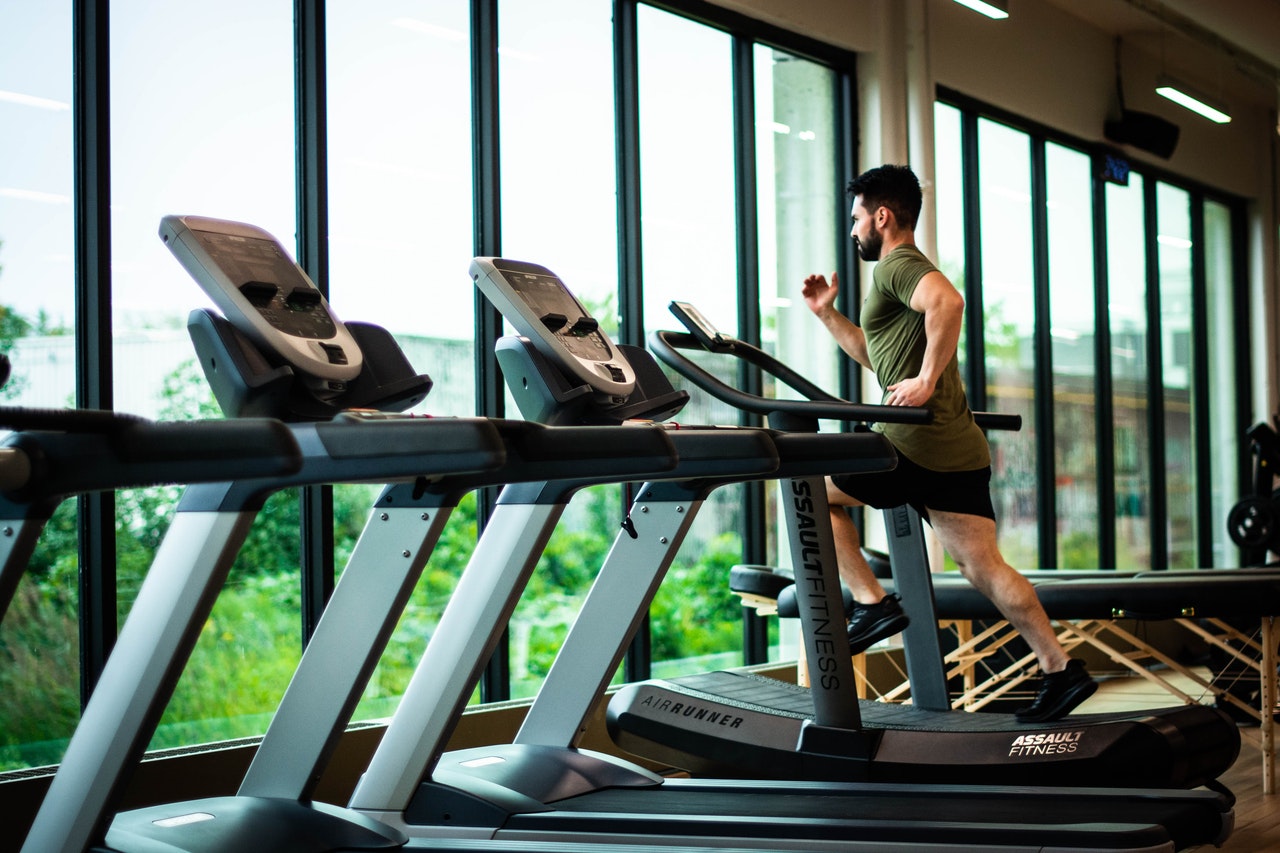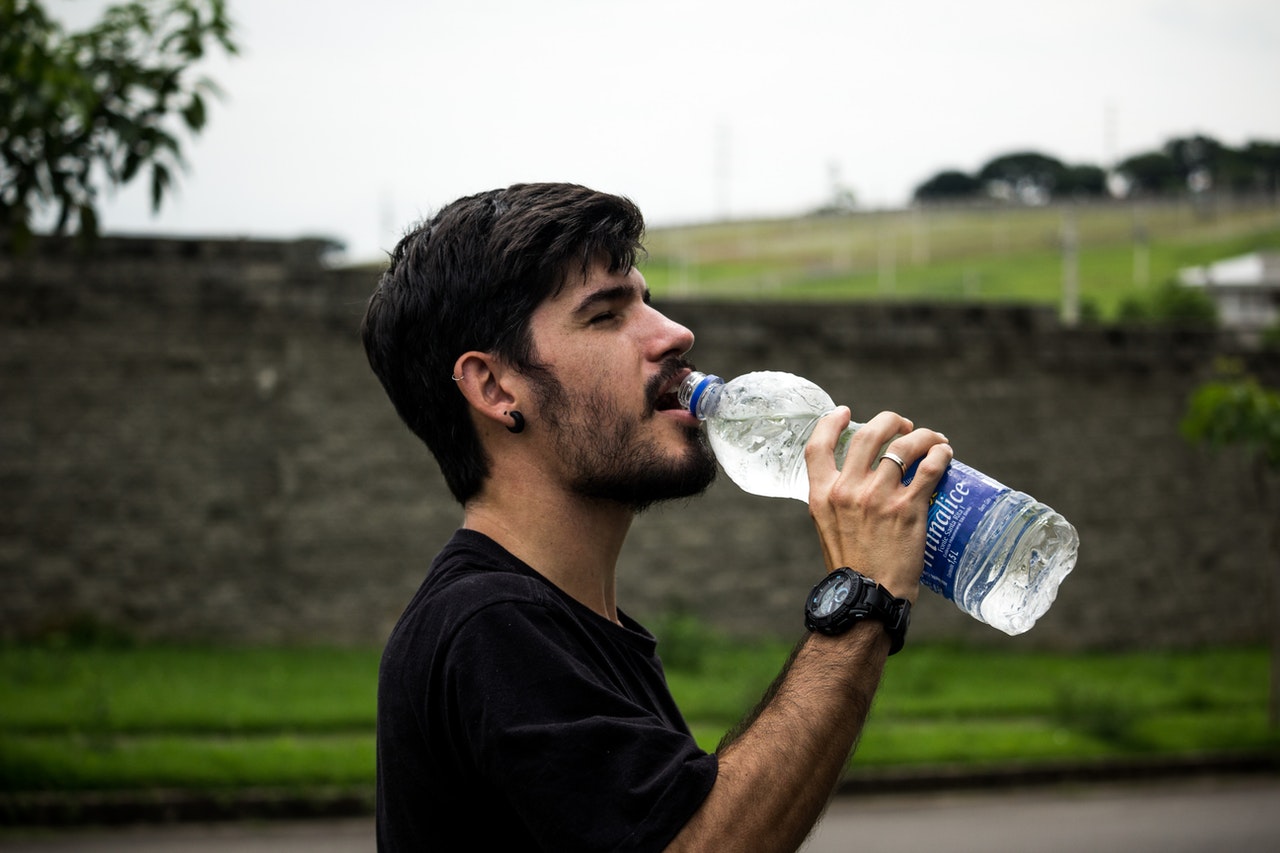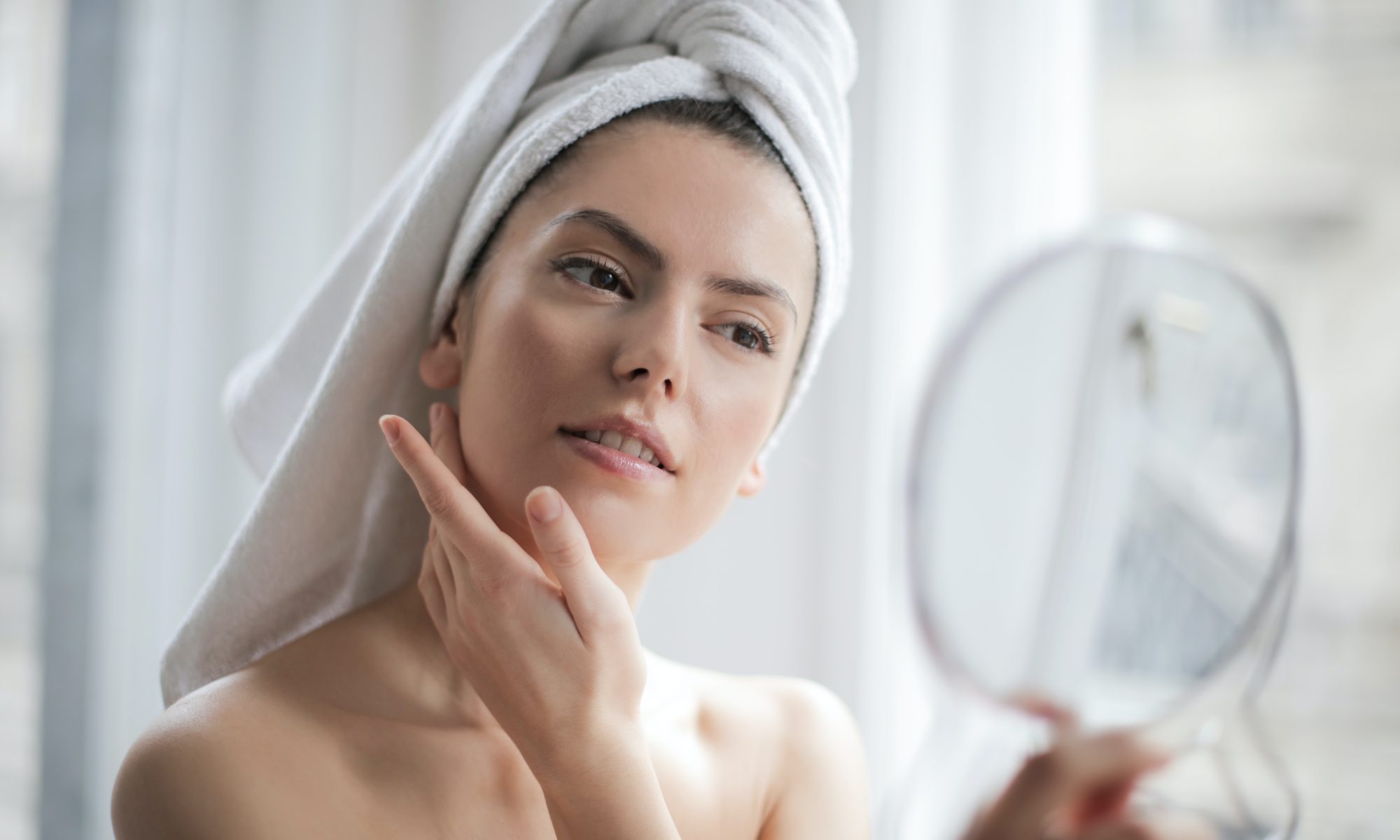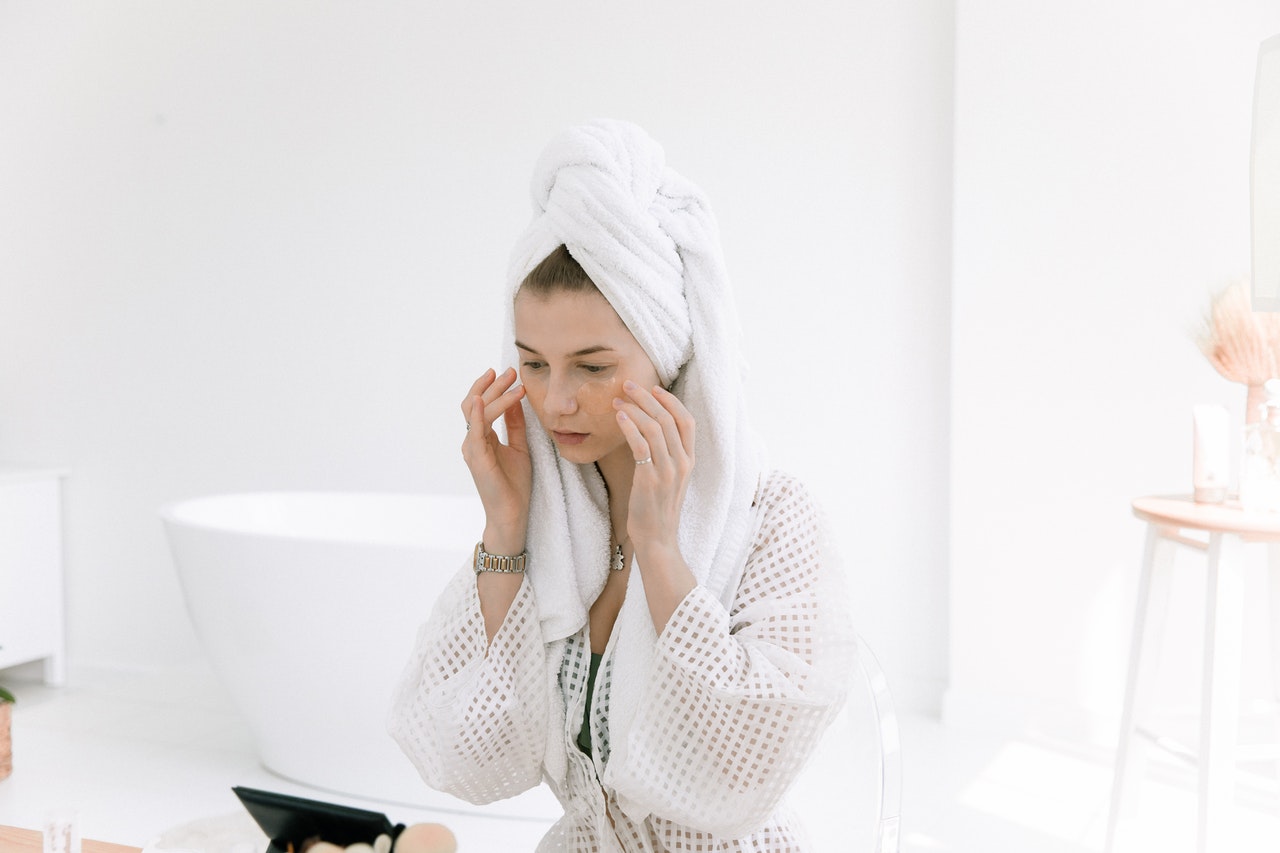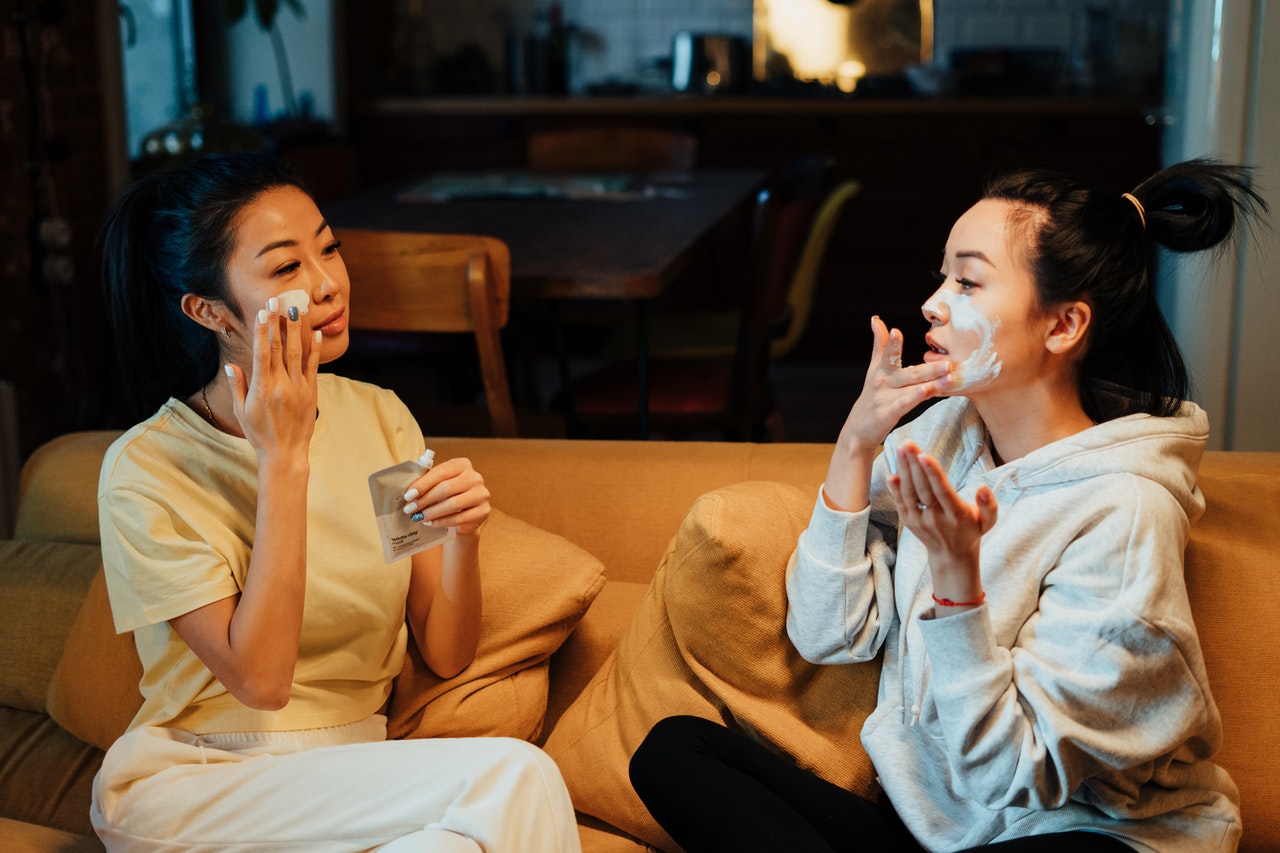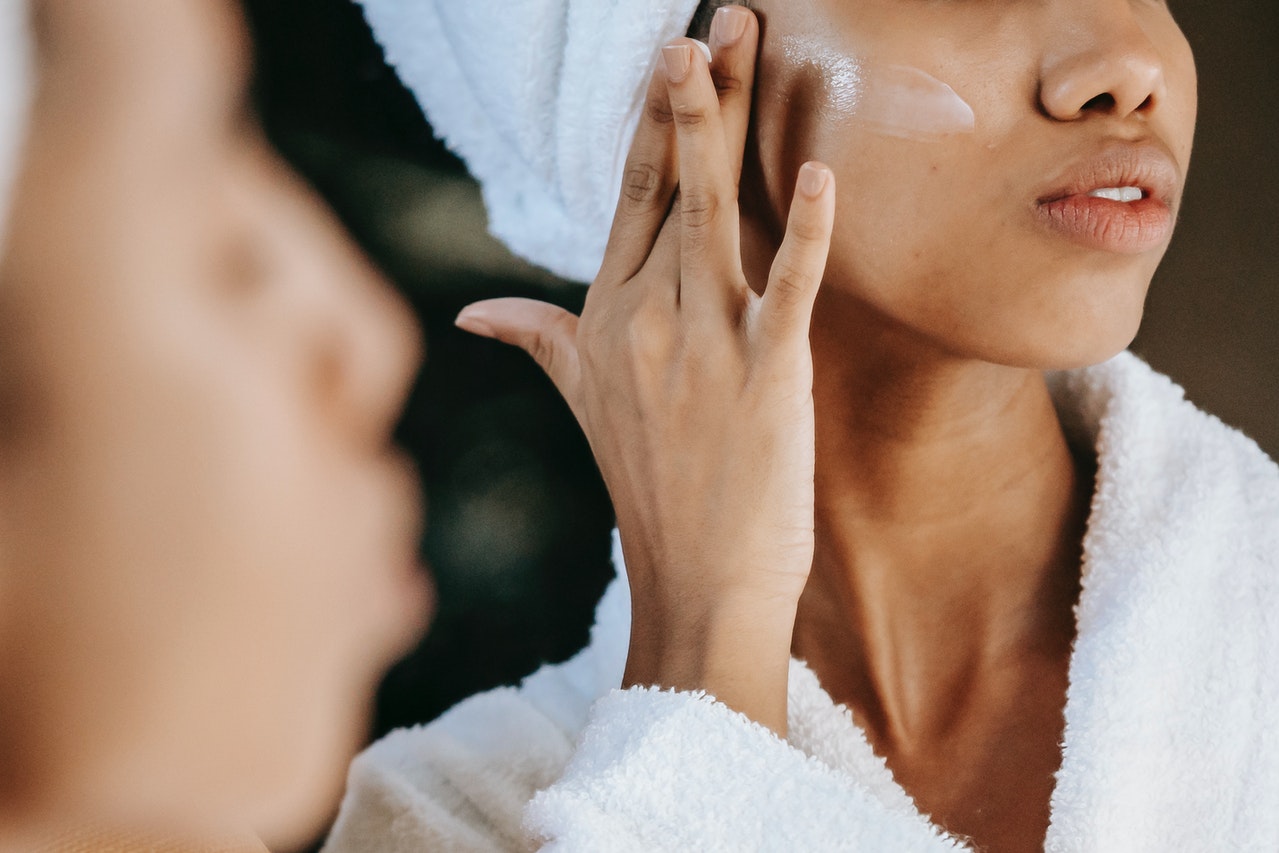Based on an early 20th-century Japanese practice, Reiki is best described as spiritual healing. The term is typically not associated with hospitals or medicine, especially in America; however, more reputable facilities have been adopting and offering reiki programs in recent years.
As the skepticism wains, it is natural for patient questions to arise. Is Reiki effective? Is it real? While questions are abundant, the answers are few. Few, if any, peer-reviewed journals have offered studies of the practice, and any studies that do exist elsewhere focus on a patient's feelings rather than science-backed data.
If the science of Reiki cannot be proven, then why are hospitals permitting and suggesting reiki treatments to patients? In a nutshell, pain management is challenging and comes with its fair share of risks, primarily when narcotics are involved. Reiki offers an alternative to prescriptions that some might find compelling. Additionally, many patients find the combination of medications, therapy, and Reiki effective.
Lack of Evidence

There is no concrete proof that reiki works. However, when meditation and yoga became mainstream, there were few studies to prove their effectiveness.
While people might be concerned that a hospital is offering alternative medicine to patients, there is no mandate that they have to use it. The growing popularity and recognition of such programs suggest popularity and usefulness.
Unfortunately, popularity does not equate to tangible and measurable change. Many opponents to the acceptance of Reiki argue that any results are placebo, that patients are not experiencing any real benefit. However, proponents of the practice and its adoption into hospitals say that a positive response is effective enough.
Power of Positivity

While there is no significant evidence to support Reiki as a legitimate medical therapy, research and evidence support the claim that a positive attitude improves patient outcomes. Studies have proven that people who maintain a positive outlook about treatments, surgeries, or conditions typically experience fewer adverse side effects and pain, suggesting that psychology plays a role in treatment and outcome.
While Reiki might not have a swath of supportive evidence, patients express feeling better after a session. Don't patient feelings matter. As some medical experts expressed, there is no definitive way to measure pain, but doctors still believe patients when they say it, so why can't professionals accept that Reiki works for some people.
Is Reiki Right for You?

Unfortunately, because Reiki does not have much supportive evidence, it is up to you to decide if it is right for you or not. The best way to tell is to schedule a reiki appointment with a professional and certified practitioner. See how the visit goes. If you experience something positive, then it might be worth it for you.
Reiki is not for everyone, and there is little evidence to suggest it works. However, despite the lack of credible evidence, Reiki can still be an effective practice, especially when combined with other treatments.
What do you think about Reiki? Do you have experience with the practice?




